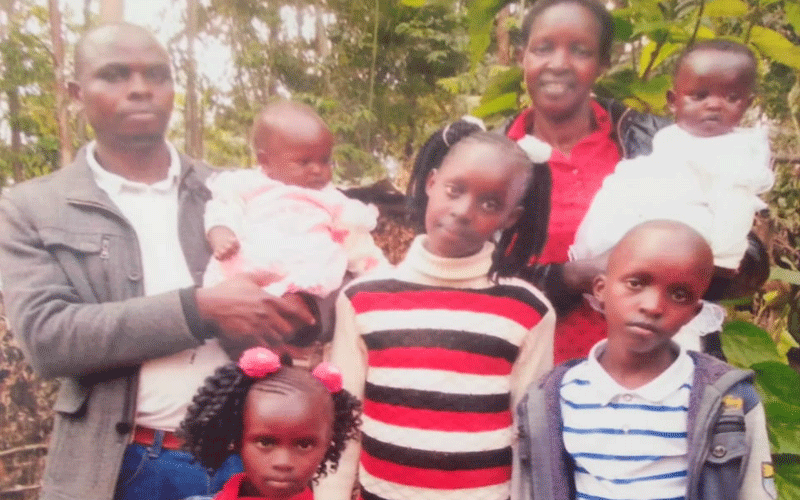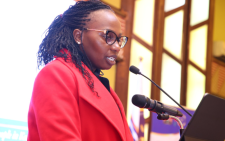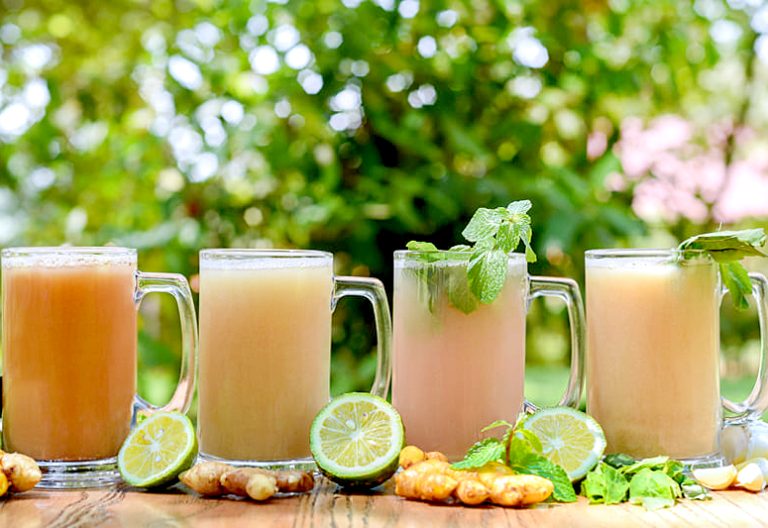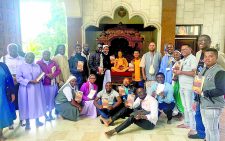Coronavirus dims Christmas spirits

Evelyn Makena @evemake_g
Whether it is the cancelled end of year office parties or suspension of plans to travel upcountry or for a holiday, few things resemble a normal Christmas this year.
For Nelly Jepkemboi, Christmas holidays begin a week before the end of every November.
For the next one month, her time is split between visiting her relatives upcountry and spending time with her family.
But with the pandemic, the academic calendar has changed and for the first time in her career as a teacher, she has been working until today, December 23.
This follows the phased school reopening of Grade Three, Class Eight and Form Four classes.
“The holiday is now reduced to a week from two months. With one-week holiday, we will not visit our parents upcountry as has been our tradition every Christmas,” she says.
This Christmas looks different for Nelly and her family. The mother of five, says she will miss gathering around members of the extended family for the festivities and up to this point, she has nothing planned for Christmas.
“The Covid-19 measures have changed how we celebrate as a family. Social distancing is difficult to maintain when gathering as a family and for that reason, I will not risk travelling upcountry this season,” says Nelly.
She is not the only one whose plans have been thrown into disarray by the pandemic.
This time of the year, Charity Mugure would have taken her children upcountry immediately after the schools closed.
She and her husband would then later join the children later for the Christmas festivities.
But this year, it is different. When the pandemic hit the country in March this year,
Charity was working as a private school teacher. The subsequent school closures to curb the spread of Covid-19 rendered her jobless.
Change of plans
The mother of four, with the youngest being twins under two years took cost-cutting measures among them relieving her housegirl.
For the past few months, she has immersed herself in parenting her four children while relying on the earnings of her husband to keep afloat.
For Charity and her family, Christmas will be a low key affair this year. Given the financial strain of the unexpected job loss, Charity notes that it will be difficult to pay the high fares during the festivities for her family to travel upcountry.
“How do you even start travelling in a matatu? First, fares have been hiked. Also, you are not sure if the safety precautions including checking the temperature of passengers and social distancing are being taken into account,” she poses.
She plans to spend this Christmas with her children in the city to save on costs and minimise the risk of exposure.
Charity and Nelly are among Kenyans that have decided to priotise safety and avoid family gatherings that can potentially escalate the spread of the virus. But there are few things they intend to keep unchanged.
Every year, Nelly’s family shares food with the less fortunate in the society. This year, the family intends to ensure that they reach out to needy families and share the Christmas cheer with them.
Here is the truth about the virus that causes Covid-19 – that it does not recognise Christmas or other holidays.
The reality is if people overcrowd in enclosed spaces and fail to maintain the one metre distance as recommended by the World Health Organisation, more people will get infected, others may get seriously ill and some may die. The virus spreads quickly indoors and in poorly ventilated spaces.
Reiterating the need for social distancing, hand washing and wearing of masks Dr Githinji Gitahi, CEO, Amref Health Africa, says that the heightened activities during Christmas will have negative effects on the Covid-19 curve.
“We are likely to see a rise in the Covid-19 positivity rates come January due to the increase in number of congregations during Christmas.
That coupled with increased movement between counties will lead to a rise in Covid-19 cases,” he says.
Negative effects
Githinji says that the earliest life can return to normalcy is when the Covid-19 vaccine is introduced and that too, is a process that will take time, especially for developing countries like Kenya.
For many families, this Christmas is going to go against convention. People are rethinking family gatherings or cancelling them altogether.
Plans to travel upcountry as is always the tradition for most families are being put on hold.
Families are also unsure about attending religious celebrations such as the Christmas Eve, instead preferring to follow the proceedings online.
“As a Catholic, I’m always keen on attending overnight service on Christmas Eve to celebrate the birth of Christ. Unfortunately, we will not be able to do that this year due to curfew. The same case applies to New Year’s Eve,” says Charity.
She intends to use the Christmas celebrations as a time for the family to reflect on the past year and plan for the future.
“This holiday may be different than we planned, but the most important thing for us is that we are healthy and alive.
That is enough reason to celebrate,” she adds. Majority of families that opt to go on holidays during Christmas are skipping them altogether in an attempt to minimise non-essential travel.
Simon Kabu, CEO, Bonfire Adventures says that the volumes of people travelling for holidays this Christmas season have greatly reduced.
“Last year a time like this, we had 12 chartered flights for people travelling to Ukunda, Mombasa and Malindi with a capacity of about 2,000 travellers. This year, only 50 people are travelling,” he says.
Similarly, the tour company usually plans travel logistics for Kenyans keen on holidaying in other countries including Thailand and Malaysia during the Christmas period. But these trips have been suspended this year due to travel restrictions.
“At the moment, Dubai is only processing visas for families; that is mother, father and children, but not for single people.
The process is really strict and travellers have to produce documents such as an affidavit and a marriage certificate,” says Kabu.
Among some of the travel trends that have emerged during the Covid-19 pandemic period are staycations and tourism within the locality.
Simon notes that more people in Nairobi are preferring to check into hotels within the city for few days for a change of environment while others are opting to tour travel destinations nearby such as the Nairobi National park.
These options he notes, are an alternative for Kenyans keen on minimising travel during this festive period.











